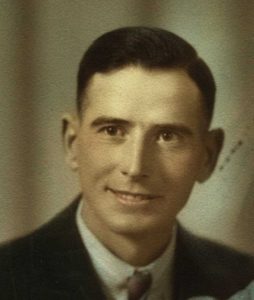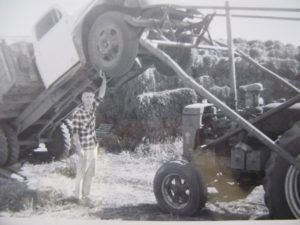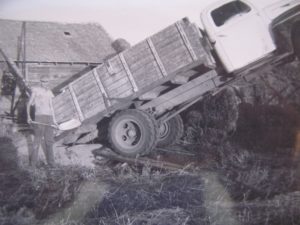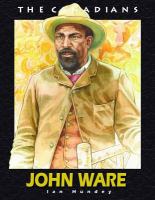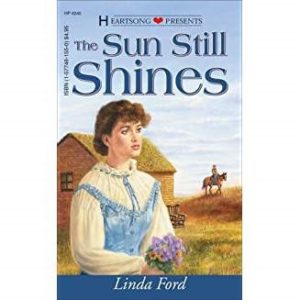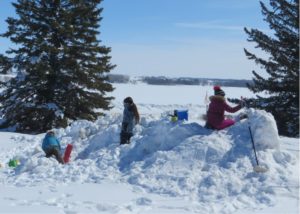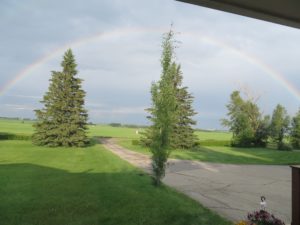
We had heavy rains. But later in the day, we had a lovely rainbow. Makes one think. Without rain would there be a rainbow? (I don’t want an answer. It’s a rhetorical question.:-))
Reminds me of life. Troubles and trials come. Do they make us bitter or better? Many of my stories address this issue.
It also reminds me of a beautiful poem by Annie J Flint which is now in public domain. Look her up to see some of her other encouraging poems.
WHAT GOD HATH PROMISED
God hath not promised skies always blue,
Flower strewn pathways all our lives through;
God hath not promised sun without rain,
Joy without sorrow, peace without pain.
But God hath promised strength for the day,
Rest for the labor, light for the way,
Grace for the trials, help from above,
Unfailing sympathy, undying love.
God hath not promised we shall not know
Toil and temptation, trouble and woe;
He hath not told us we shall not bear
Many a burden, many a care.
God hath not promised smooth roads and wide,
Swift, easy travel, needing no guide;
Never a mountain rocky and steep,
Never a river turbid and deep.
ANNIE JOHNSON FLINT (public domain)

